
Spanish Institute of Oceanography
If you are the contact person for this centre and you wish to make any changes, please contact us.
Senior Scientist at the Spanish Institute of Oceanography, IEO-CSIC
Researcher at the Spanish Institute of Oceanography (IEO-CSIC), president of the European Centre for Marine Science and Technology Information (EurOcean) and has been coordinator of the World Ocean Report (2021-2022, United Nations)
Researcher at the Spanish Institute of Oceanography (IEO - CSIC)
Marine biologist and from June 2010 to February 2020, Director of the Spanish Institute of Oceanography.
Researcher in the fisheries department.
Senior scientist
Fisheries biologist, specialist of the Atlantic bluefin tuna
Researcher at the Spanish Institute of Oceanography
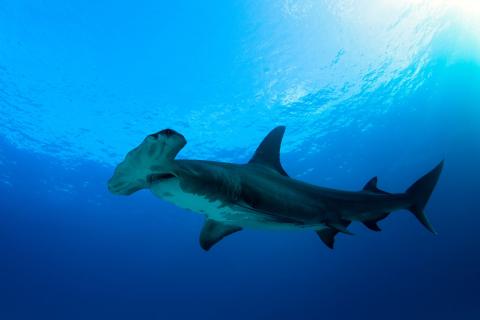
Since 2013, undeclared and uncertified exports of fins from five overexploited shark species have been illegal. Now, an international team has determined that illegal fins from four of those species remained prevalent in the market between 2015 and 2021. Among the countries cited as potential violators are Spain, China, and Taiwan. The study is published in the journal Science Advances.
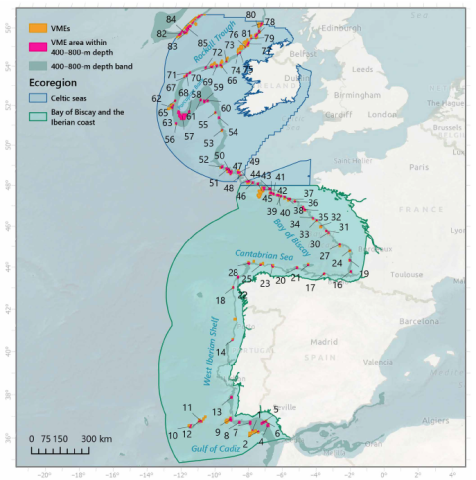
Since the implementation of protective closures in 2022, bottom fishing in European waters has declined by 81% in 87 vulnerable marine ecosystems located at depths of 400-800 metres, a study published in Science Advances reveals. However, according to the authors, these deep-water regions continued to receive many incursions by Spanish and French vessels.
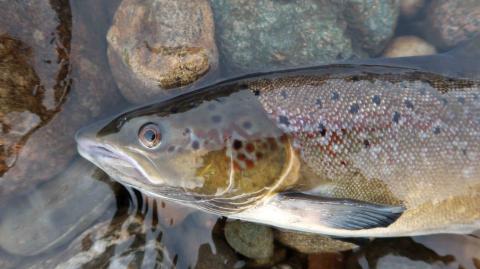
An assessment of the extinction risk of freshwater fauna, covering more than 23,000 species, reveals that around 24% of the species studied are at risk of extinction. The analysis, published in Nature, identifies the main threats from pollution, dams, agriculture and invasive species. Decapods - such as freshwater crabs and shrimps - have the highest percentage of threatened species (30 %), followed by freshwater fish (26 %) and odonates - such as dragonflies (16 %).
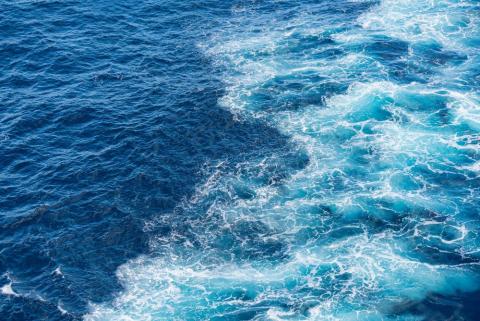
A review published in the journal Science Advances examines how the expansion of marine aquaculture - the farming of aquatic organisms in the ocean - can lead to risks, such as degradation of the marine environment. The study is part of a special issue of the journal dedicated to this growing industry.
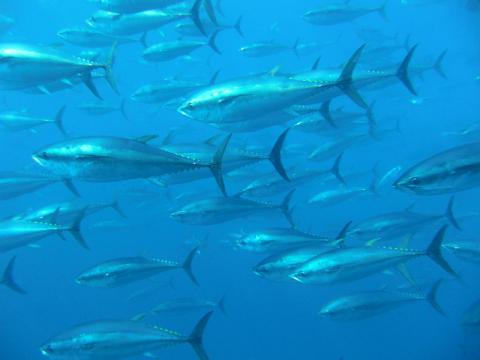
Mercury concentrations in tuna have remained stable between 1971 and 2022, even though emissions of this metal from human activities have decreased over the same period, a study says. 'Aggressive' emission reduction targets are needed to achieve measurable declines in concentrations of this pollutant, which is toxic for human health, the authors write in the journal Environmental Science & Technology Letters. The Minimata Convention on Mercury, a global treaty that entered into force in 2017, bans new mercury mines and includes provision to reduce mercury use, but mercury has already accumulated in the ocean 'for centuries', the article says.

According to a new report from the Intergovernmental Science-Policy Platform on Biodiversity and Ecosystem Services (IPBES), human activities have introduced over 37,000 exotic species to regions around the world. The document highlights that more than 3,500 of these are harmful invasive exotic species that are often overlooked until it's too late.
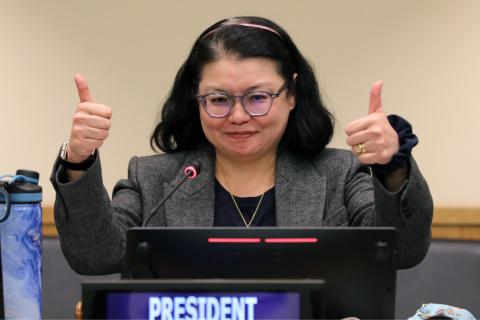
The deadline passed and after two marathon nights of meetings, the delegations of the UN member states have managed to reach an agreement to make the so-called Oceans Treaty - or BBNJ Treaty, Biodiversity Beyond National Jurisdiction - a reality. New York City has seen the fifth session of this conference bear fruit with an agreement on the wording of the text, seventeen years after the talks began and with negotiations stalled last August due to a lack of agreement. The Treaty aims to protect and regulate the use of areas beyond national jurisdiction, which account for more than 60% of the oceans, or almost half of the planet. Marine genetic resources and how to share these benefits has been one of the main stumbling blocks.
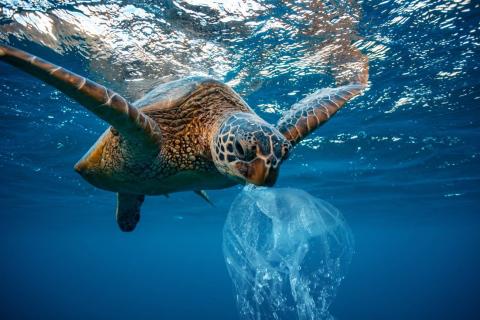
The so-called Oceans Treaty, promoted by the UN, has had to be stopped, not concluded, due to the impossibility of reaching an agreement. After a process of more than 16 years, only half a session separates us from the word failure. Let us hope that the resumption of the last session, possibly in the spring of 2023, will offer us the agreement we all wish for.
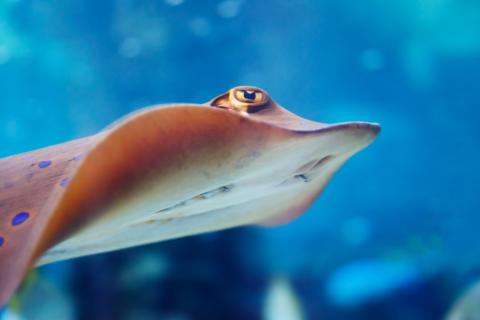
According to a study off the coasts of France, Italy, Spain, Croatia, Slovenia and Greece, catches of threatened elasmobranchs are higher in partially protected areas than in unprotected areas, suggesting that small-scale fishing may be affecting these species.